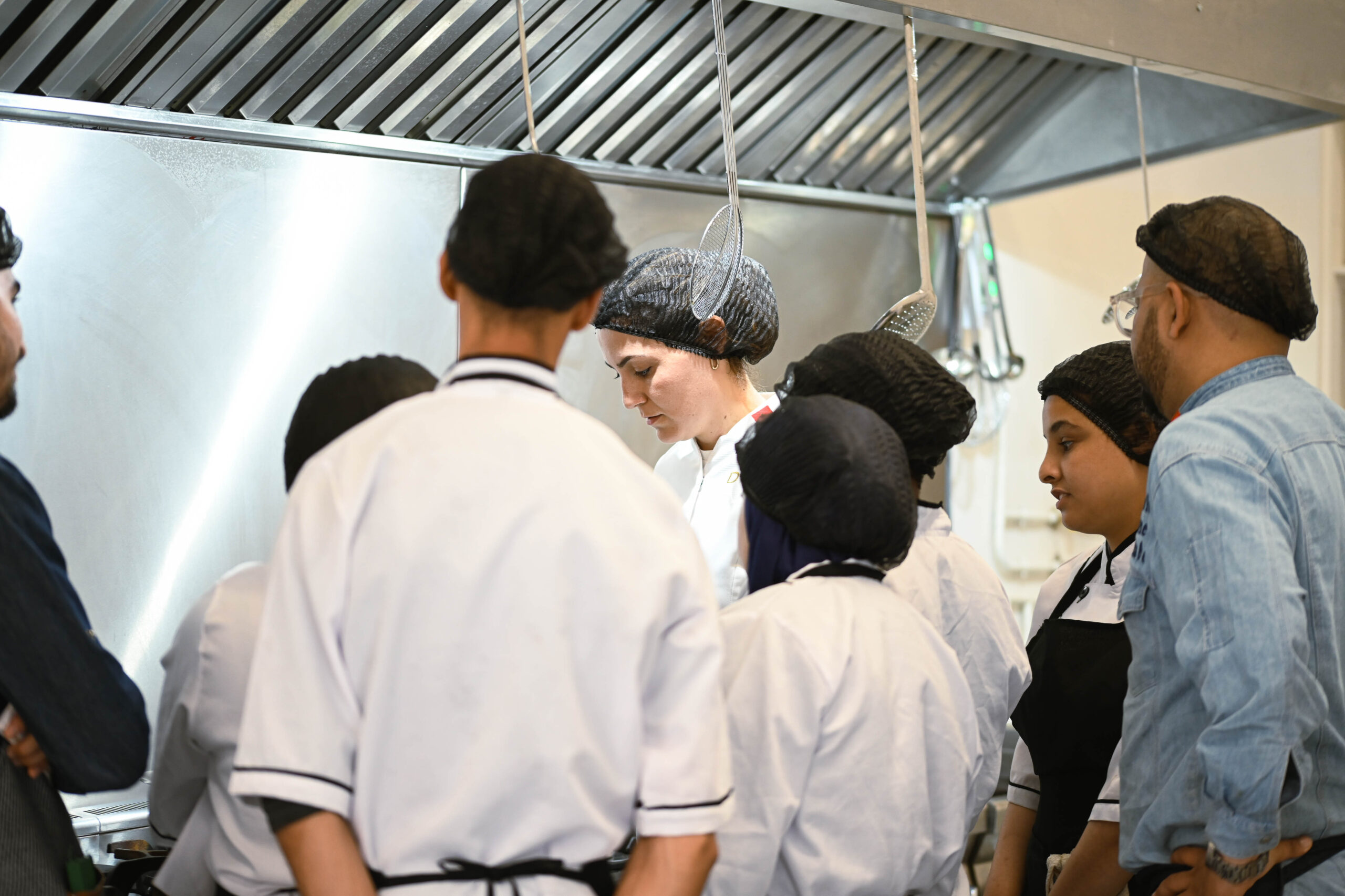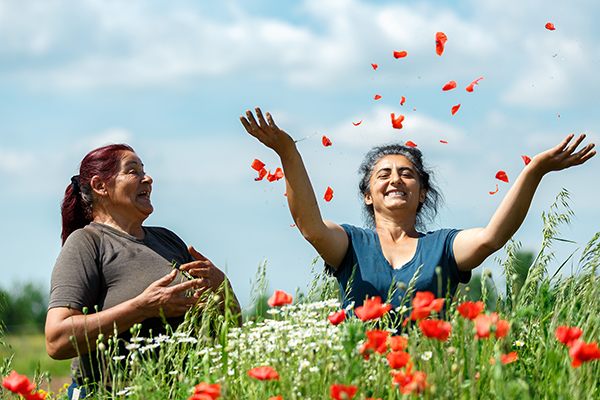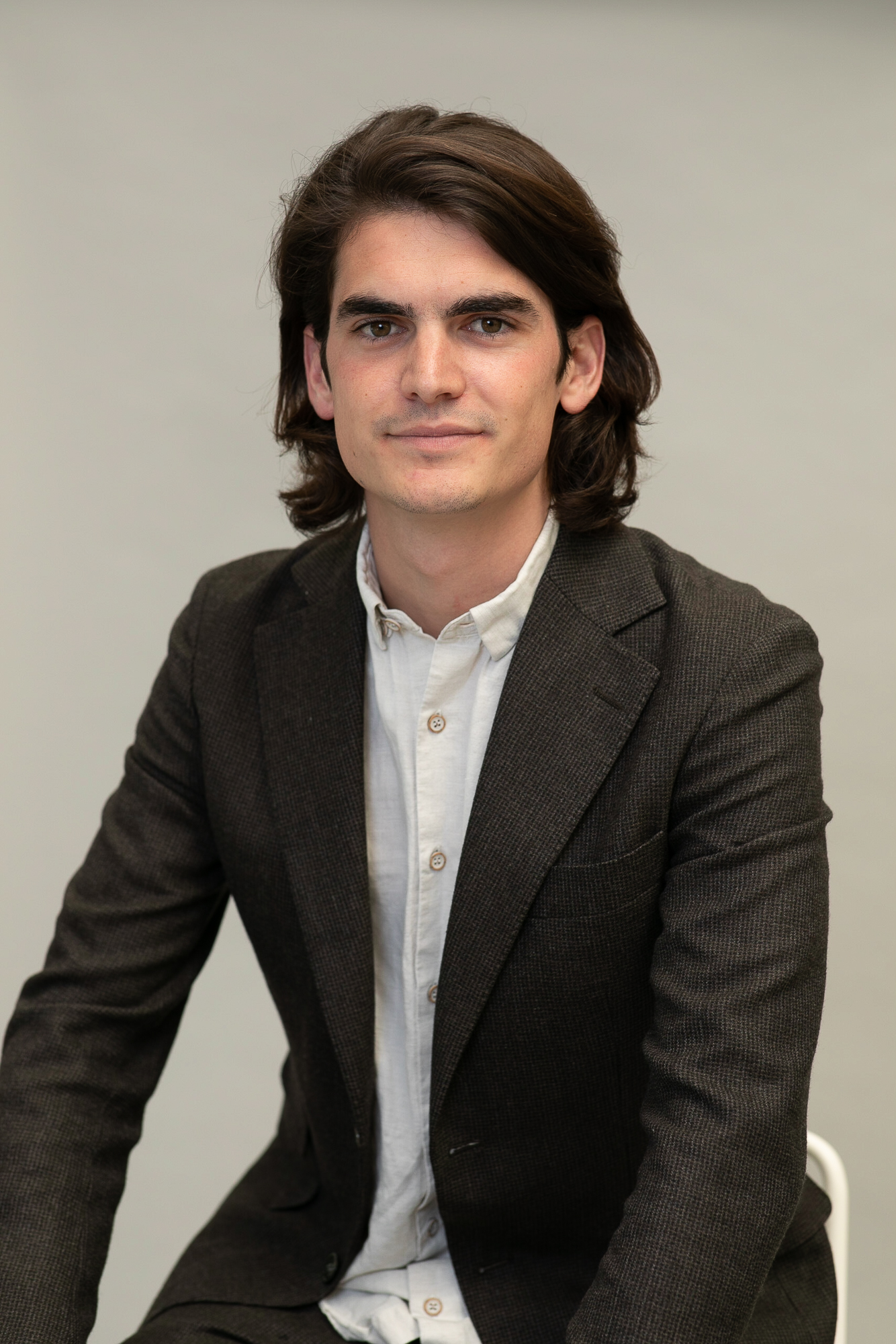COP28 | The Social Solidarity Economy: untapped potential in the face of the climate crisis
OP-ED
The world community meeting at COP28 welcomes the financing of a €225 million “loss and damage” fund to meet the urgent challenges posed by the climate crisis in the most vulnerable countries. While the deployment of the fund has yet to be specified, it should be remembered that there is a systemic solution to the climate challenges that remains underused: the development of the Social Solidarity Economy (SSE). By sharing value and power with local economic players concerned about their environmental impact, it offers untapped potential for adapting to climate change and mitigating its devastating effects.
Today, the economy, through its unsustainable activities, is exacerbating the climate crisis; it should be fighting it.
The Summit for a New Global Financial Pact organized by France this year stressed that climate justice requires a reform of our current economic and financial model; we need to move from words to deeds. Unfortunately, the most important climate funds are so restrictive in how they operate and how they are allocated that they exclude the economic players on the ground. The Green Climate Fund, for example, directly finances only large organizations, most of them international, and requires an accreditation mechanism that can take up to 3 years to be eligible for funding. Local structures that are closest to the needs are not eligible. It’s an anachronism.
The progress of the “loss and damage” fund is a source of hope. It is intended to compensate developing countries, which emit only a minority of greenhouse gas emissions but bear the brunt of the consequences. This is an opportunity not to be missed. It is crucial to include the action of local SSE players and to devote substantial financial resources to them: associations, cooperatives, and social enterprises that empower local populations and promote sustainable development without pitting ecology, social impact, and the economy against each other.
The potential of the SSE is immense, particularly in Africa, which is on the front line of the climate crisis, but also a pioneer in social and ecological innovations. Today, the African continent suffers 35% of the human losses caused by the climate crisis, even though it emits less than 5% of greenhouse gases. Solutions are being promoted by the local SSE fabric, but they still need to be scaled up. For example, the cooperatives of small vanilla producers in Madagascar enable value to be shared while spreading more environmentally friendly farming practices. Restoring degraded mangrove areas along the coast of Cameroon creates jobs for local associations in the most vulnerable communities. In Casamance, in the south of Senegal, business incubators are seeing an increasing number of projects with a social and environmental impact, combining economic profitability with general interest benefits.
The social/solidarity-based economy is an unthinkable part of the ecological battle, yet it is an inescapable solution. It offers a path to resilience based on the economic fabric on the ground. Integrating the SSE into climate action, guaranteeing it adequate access to funding, and fostering a favorable political environment- the United Nations has already called for its recognition by all its Member States in a resolution last April – are essential steps towards a sustainable and inclusive future. At a time when the world is losing confidence in the COP, between the slowness of negotiations and the fear of greenwashing, it is essential to remind everyone that a fundamentally ecological economy does exist: it is the social and solidarity economy. This is the message that we, as agents of change, are taking to COP28.
Signatories
Members of the Groupe SOS International Advisory Board:
- Kevin Goldberg, Chairman of Groupe SOS International
- Victorine A. Ndeye, Senegal’s Minister for Microfinance and the Social Solidarity Economy,
- Jeroo Billimoria, Founder of Catalyst 2030 and Managing Director of Child and Youth Finance International,
- Chékéba Hachémi, President and Founder of Afghanistan Libre
- Pauline Effa, Managing Director, Partnership France and Africa
- Yasmine Hamraoui, President, French Impact and Partner at Impact Partners
- Nigel Kershaw, Chairman of The Big Issue Group, Co-founder, Big Issue Invest and The Big Exchange
- Nicolas Messio, Chairman of PULSE and PPI – People Power Inclusion
- Robin Richa, Managing Director, arcenciel
- Patrice Papet, Chairman of Planète Urgence
- Marie-José Moinier, Chairwoman of Santé Sud, Laboratory Technician and Qualitician
- Bruno Chatelier, Co-founder of the DDB share endowment fund
- Diane Binder, Founder and Managing Director of Regenopolis
- Owen Marsh, Co-founder of the Ambitions Transitions Association
Directors of Groupe SOS International and its subsidiaries:
- Frédéric Bailly, Vice-Chairman, Groupe SOS
- Alexandre Lourié, Managing Director International, Groupe SOS
- Pénélope Silice, Head of International Development & Communications, Groupe SOS
- Amandine Hersant, Managing Director, Planète Urgence
- Guillemette Petit, Managing Director, PLAY International
- Anne-Leïla Batel, Managing Director, PULSE
- Benjamin Soudier, Managing Director, Santé Sud
- Damien Thiery, Managing Director, Ateliere Fara Frontiere
- Audrey Negui, Managing Director, PPI – People Power Inclusion
- Tony Bernard, Managing Director, Impact Tank
- Xuan-Dai Veret, Managing Director, Groupe SOS Consulting
- Baptiste Pécriaux, Managing Director, Impact Campus
A lire également

26 March 2025
NAFASS: Committed to Supporting Young People into Employment in Morocco



25 March 2025
Supporting the most excluded towards employment – Ateliere Fara Frontiere



27 February 2025
